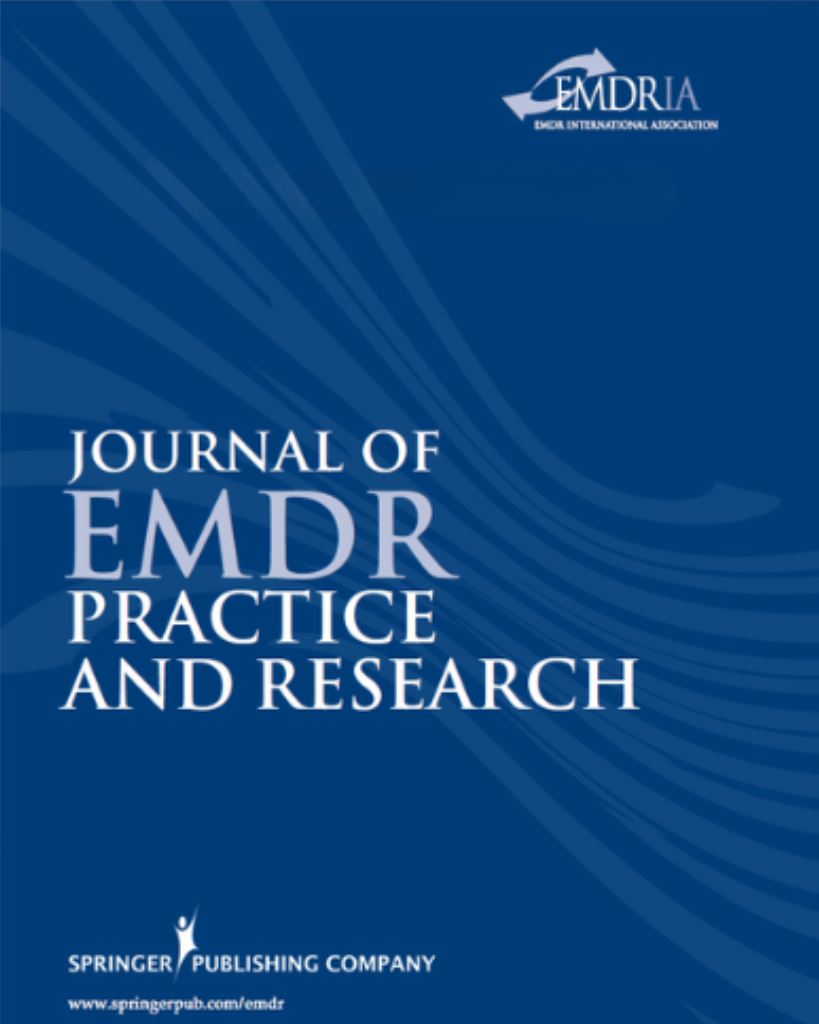Stepping Stones: EMDR Treatment of Individuals With Intellectual and Developmental Disabilities and Challenging Behavior
Six individuals with intellectual & developmental disabilities (IDD) and trauma histories were treated with EMDR.
Article Abstract
“Trauma and its ensuing accommodations, including challenging behaviors, have been a growing consideration for practitioners working with people with intellectual and developmental disabilities (IDD). Recognizing the importance of one’s client’s trauma history, practitioners are seeking effective methods of providing therapy to IDD clients with posttraumatic stress disorder (PTSD) and other trauma-related diagnoses. In this exploratory study, using a multiple single case study design, six individuals with IDD and known trauma histories were treated with eye movement desensitization and reprocessing (EMDR). The researchers employed the standard EMDR protocol, adapting it when necessary to accommodate the needs of each participant. Outcomes provide preliminary evidence that EMDR may be an effective method of trauma treatment for clients with intellectual abilities, pointing to EMDR as a treatment with potential for facilitating healing from trauma with IDD clients.”
—Description from publisher
Article Access
Open Access
Barol, B. I., & Seubert, A. (2010). Stepping Stones: EMDR Treatment of Individuals With Intellectual and Developmental Disabilities and Challenging Behavior. Journal of EMDR Practice and Research, 4(4), 156–169. https://doi.org/10.1891/1933-3196.4.4.156
About the Journal
The Journal of EMDR Practice and Research is a peer-reviewed publication devoted to integrative, state-of-the-art papers about Eye Movement Desensitization and Reprocessing. It is a broadly conceived interdisciplinary journal that stimulates and communicates research and theory about EMDR, and their application to clinical practice. The Journal of EMDR Practice and Research is the Official Publication of the EMDR International Association.
Date
November 1, 2010
Creator(s)
Beth I. Barol, Andrew Seubert
Topics
ADHD/Autism/Neurodiversity, PTSD
Client Population
Disabilities
Extent
14 pages
Publisher
Springer Publishing Company
Rights
Copyright © 2010 EMDR International Association
APA Citation
Barol, B. I., & Seubert, A. (2010). Stepping Stones: EMDR Treatment of Individuals With Intellectual and Developmental Disabilities and Challenging Behavior. Journal of EMDR Practice and Research, 4(4), 156–169. https://doi.org/10.1891/1933-3196.4.4.156
Series
4
Installment
4
Audience
EMDR Therapists
Language
English
Content Type
Peer-Reviewed
Original Source
Journal of EMDR Practice and Research
Access Type
Open Access





